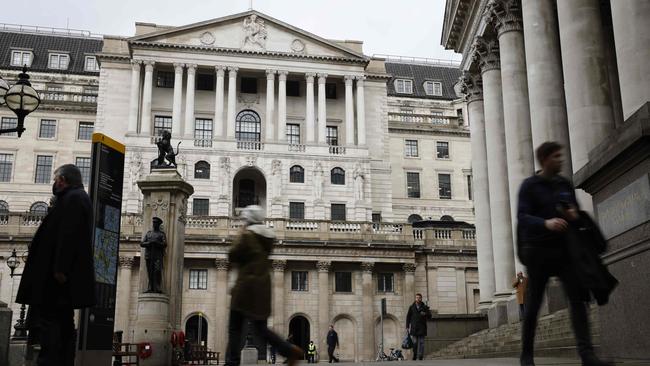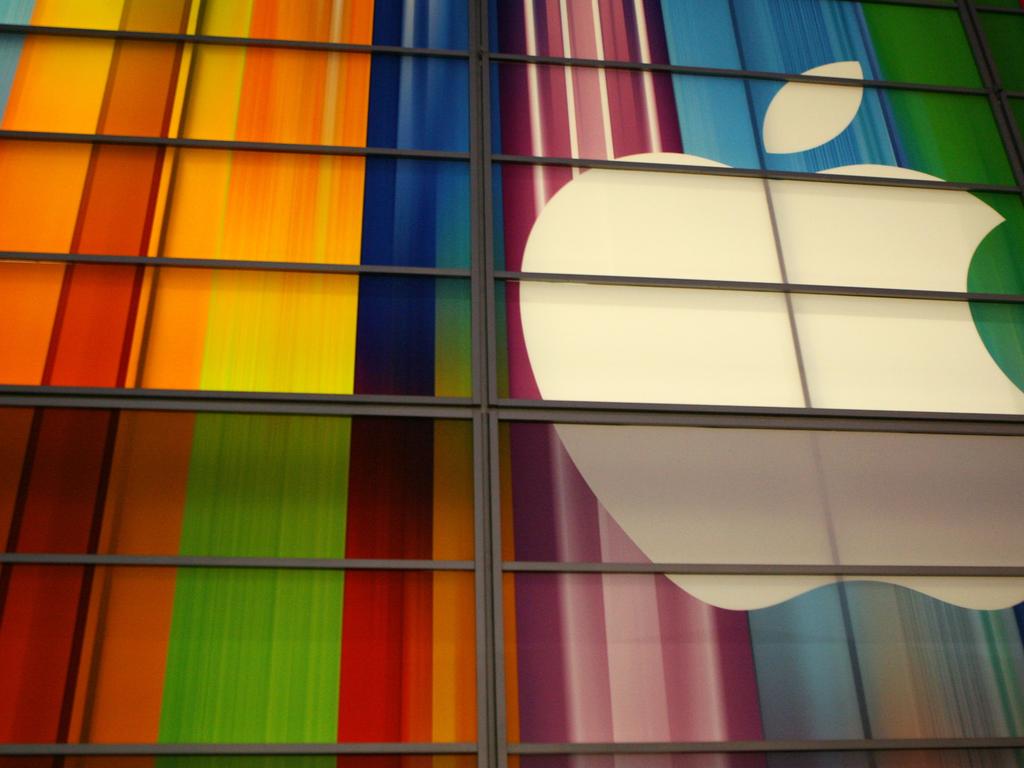Lockdowns may force Bank of England into negative rates
The Bank of England could pull the trigger on negative interest rates if strict coronavirus restrictions are extended well into the new year.

The Bank of England could pull the trigger on negative interest rates if strict coronavirus restrictions are extended well into the new year, leading economists have warned.
Interest rates are at record lows of 0.1 per cent, leaving rate-setters with little room to move and raising the prospect of negative rates in the UK for the first time.
Despite doubts that negative rates would be adopted, economists warned that they could “become a very real possibility” if strict tier 4 coronavirus restrictions last until Easter in an effort to contain the new strain of the virus. The government has refused to rule out prolonging tier 4 curbs until April.
Negative rates would wipe out the paltry returns on deposits with banks and building societies, and could theoretically see consumers paying banks to keep their cash, encouraging them to spend rather than save. However, it is thought unlikely that banks would charge to hold savings.
The scenario would also mean that mortgage borrowers on negative rates would have to pay back less money than they borrowed. Negative rates are already in place in other countries, including Japan and Switzerland.
Howard Archer, chief economic adviser to the EY Item Club, said: “There is a question mark that if (the Bank) does more quantitative easing, how effective it would be. If it’s not going to be that effective, it’s got to look at other things, such as negative interest rates. The Bank might decide it’s a risk worth taking.”
However, Archer said that he was “not convinced” the Bank would opt for negative rates.
All nine members of the Bank’s Monetary Policy Committee (MPC) voted this month to keep rates at 0.1 per cent.
To help the economy through the pandemic, the Bank has unleashed an enormous package of quantitative easing – where it issues money electronically to buy government bonds – which now totals £895bn ($1.5 trillion).
Simon French, chief economist at London-based investment bank Panmure Gordon, said the MPC might decide to “put some rocket boosters” under the economic recovery by dropping the rate below zero. “Perhaps paradoxically, as market expectations for negative interest rates start to dissipate as the economy recovers, that might be just the time when the Bank says, ‘Actually, what we want to do is get those households that have built up large amounts of savings over this period to spend them.’ ”
George Buckley, chief UK economist at Nomura, thought that negative rates were unlikely, but added: “It’s certainly possible. In isolation, I’m not sure how much negative interest rates will do.
“They’re not in the tool kit at the moment – but they could bring them in very quickly.”
The Bank’s deputy governor, Sam Woods, wrote to banks in October, asking them whether they were ready for negative interest rates.
Earlier this month, Gertjan Vlieghe, a member of the MPC, said that if the economic recovery slowed in the new year, it could merit negative rates.
“If we go back close to where we were before Covid hit, but not quite all the way, then that’s not good enough,” he said in an interview with Bloomberg. “A combination of QE and probably lower rates is what’s going to be required.”
The Bank of England did not respond to requests for comment.






To join the conversation, please log in. Don't have an account? Register
Join the conversation, you are commenting as Logout